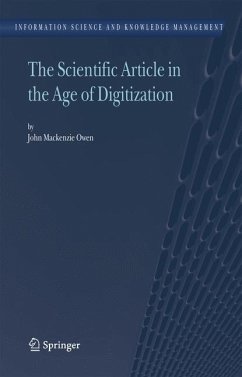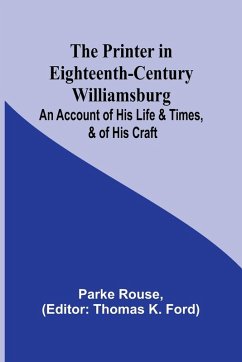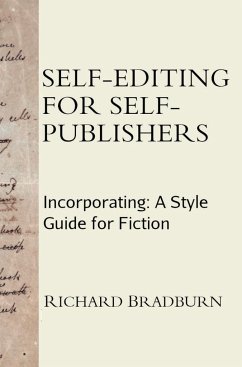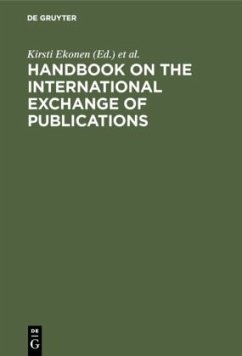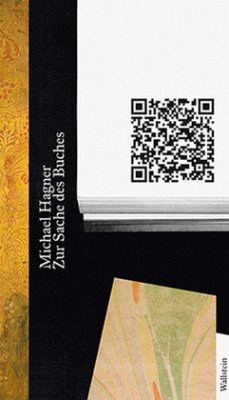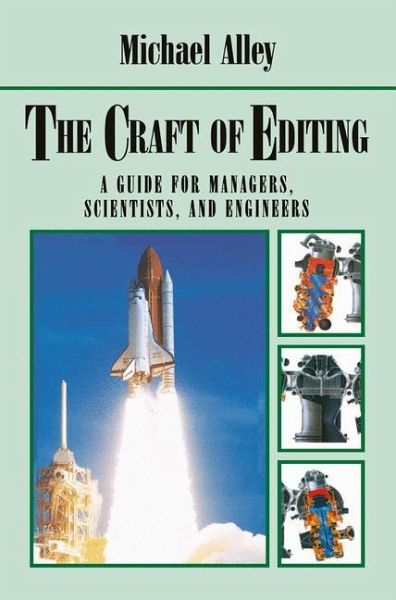
The Craft of Editing
A Guide for Managers, Scientists, and Engineers

PAYBACK Punkte
13 °P sammeln!
The Craft of Editing is about the craft of editing scientific writing. It is designed to help you - and all those who deal with scientific and technical writing by others in universities, government labs, businesses, or engineering firms - become more effective and more efficient at editing the proposals, theses, journal articles, and reports that cross your desk and which you must approve, grade, or review. Unlike other texts that try to present the gamut of all possible editing experiences, this guide focuses on the kind of editing that you as a manager or teacher perform with your pencil (or computer) and someone else's work. Written by the author of the best-selling Craft of Scientific Writing, the book deals with the subject in a refreshing way and includes a large number of enlightening examples and stories. The author, a former editor at several national laboratories, has taught scientific writing courses at, among others, the universities of Texas and Wisconsin, Sandia National Laboratory, and Virginia Polytechnic University.
You are a hired gun of sorts: a manager, scientist, or en gineer called upon to edit a document. Perhaps you are overseeing a long report or thesis, reviewing a journal article, or providing comments on a proposal. For the document before you, what changes do you suggest? How do you clearly and efficiently communicate those changes to the author? How do you convince the author and the other editors that those changes are needed? The answers to these questions define how you edit someone's writing. In business, engineering, and science, the process of editing causes much strife. In fact, my experience in teach ing professional writing over the past fifteen years has been that editing is the number one complaint that pro fessionals have about the process of documenting their work. Many professionals complain that this editing seems to arise more from whim than from logic-that what flies in one document is often shot down in another. Others complain that editors change too much, essentially inserting their own individual styles. Still others complain that the sign-off process is so inefficient and taxing that they sometimes do not document work they know should viii Preface be documented. While in many cases these complaints are unfounded, in many others they are legitimate. This book addresses those complaints that are legitimate by showing managers, scientists, and engineers how to make their editing both more effective and more efficient.






